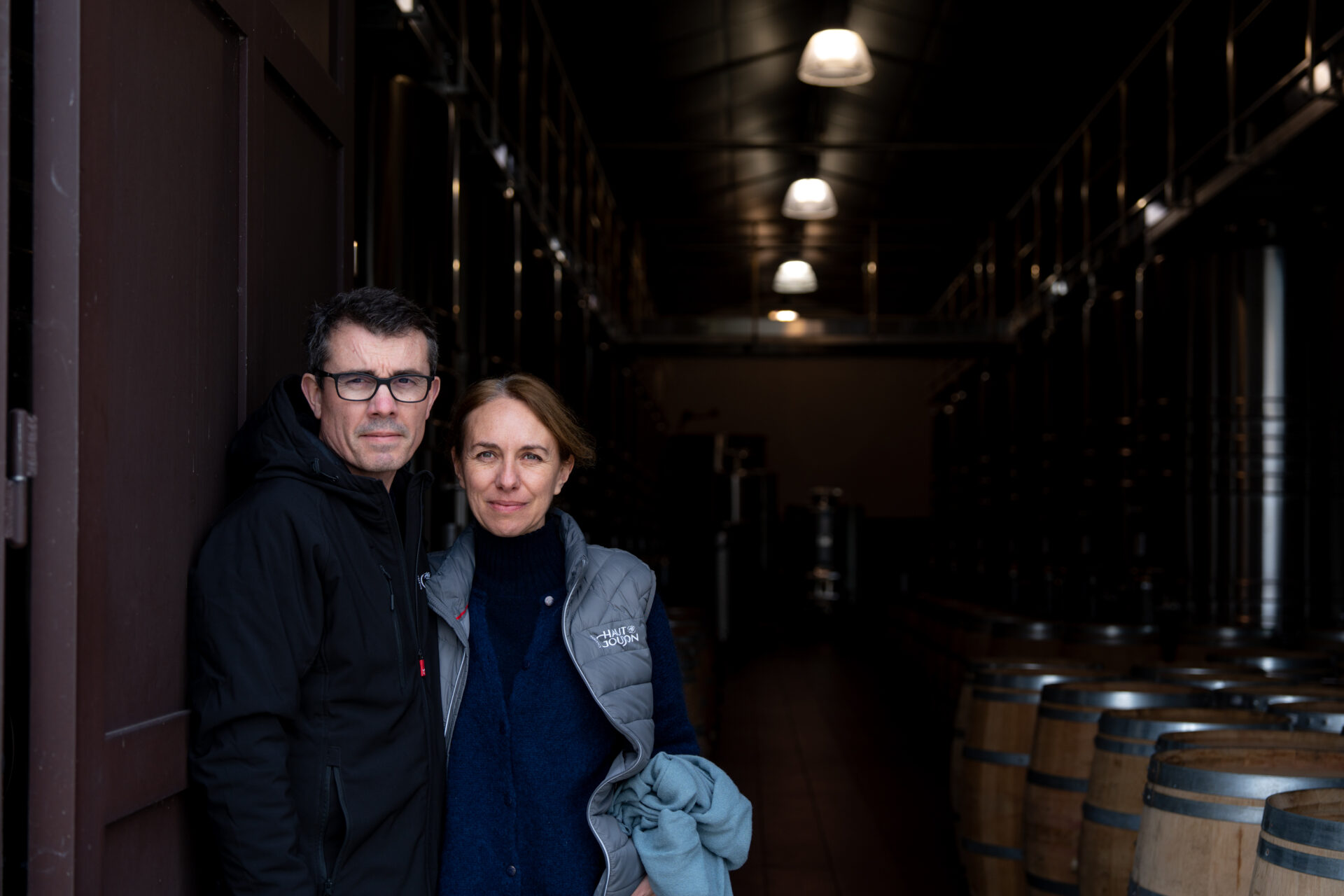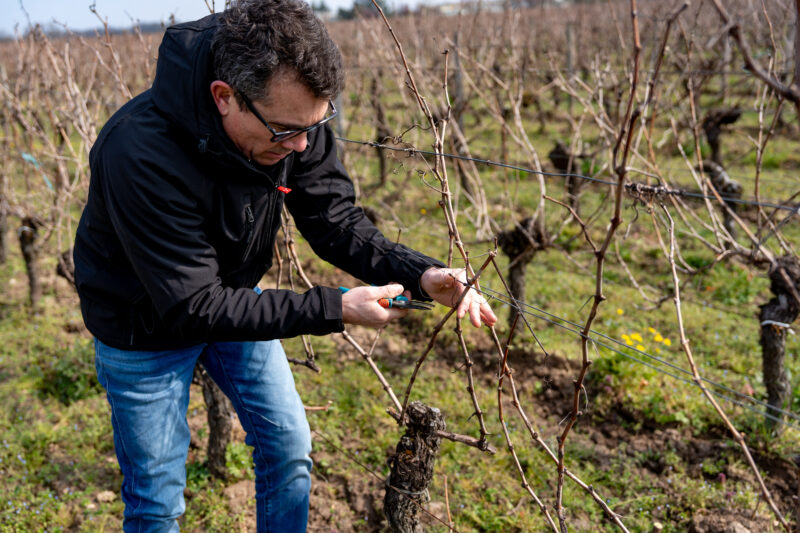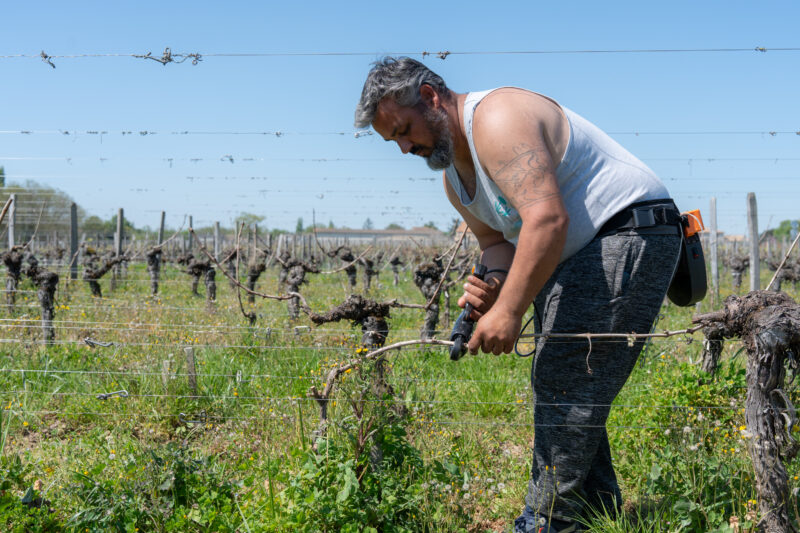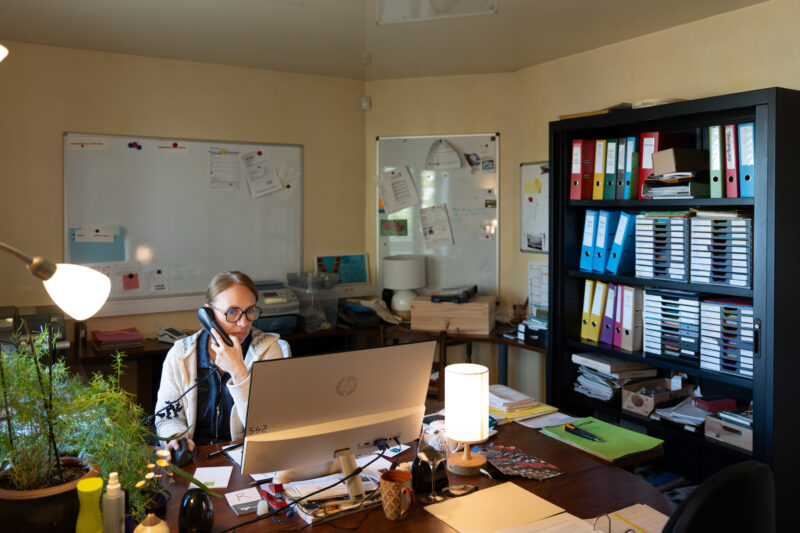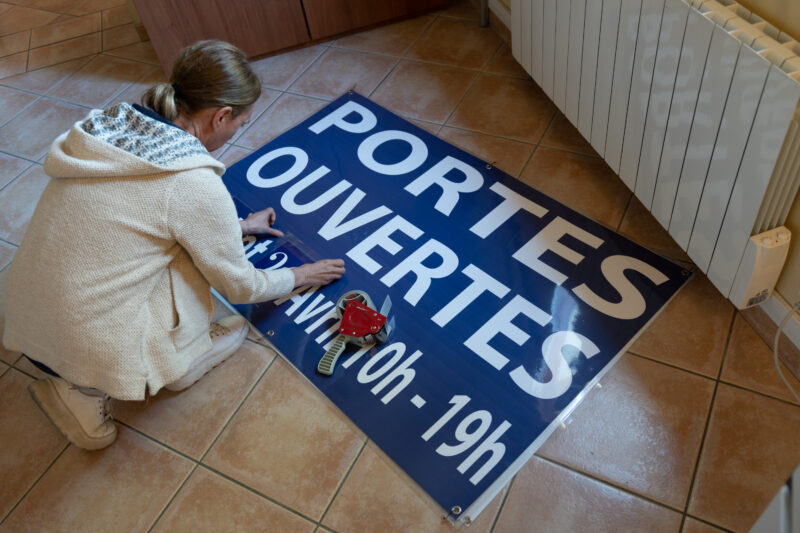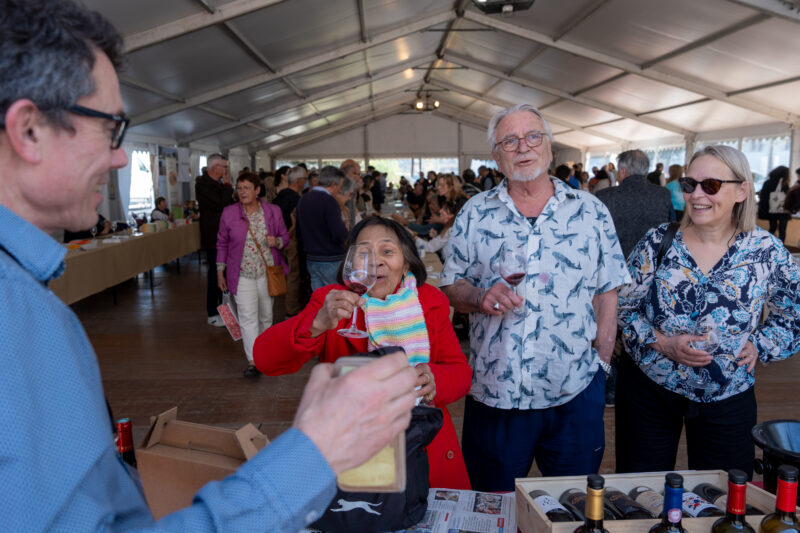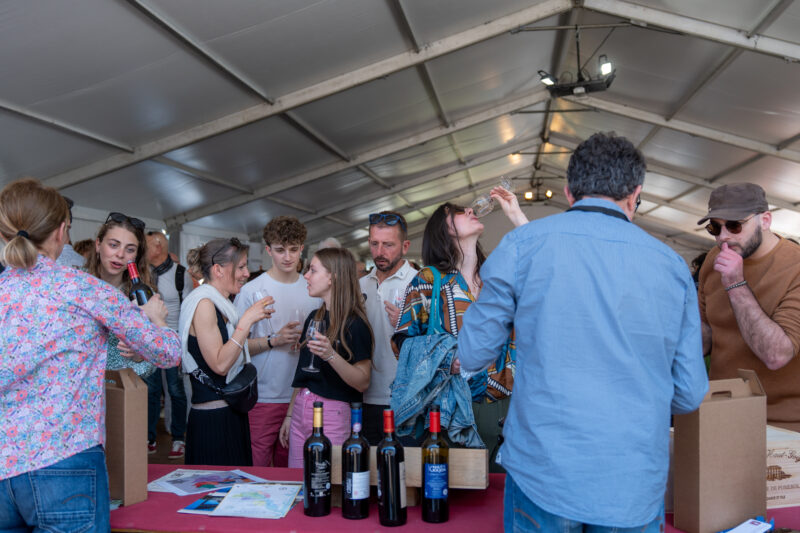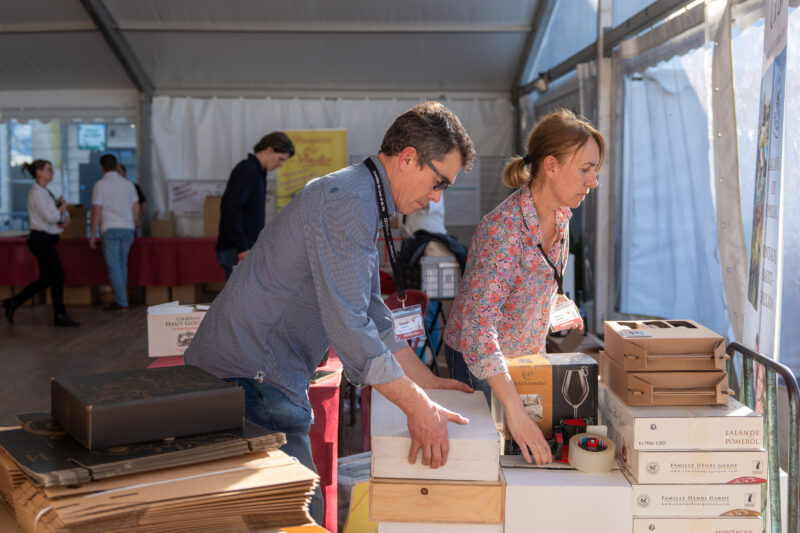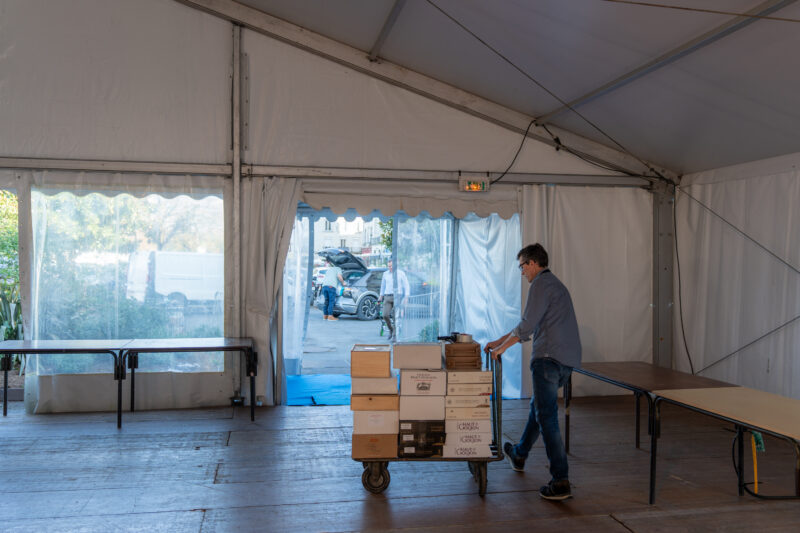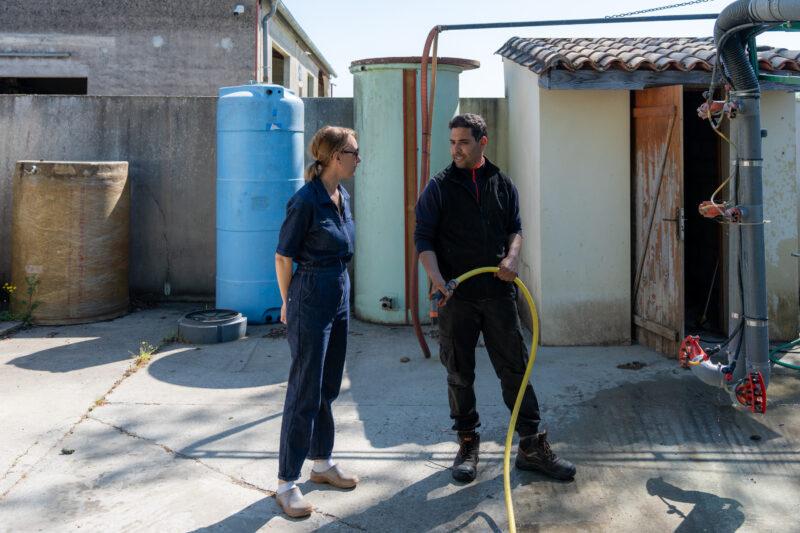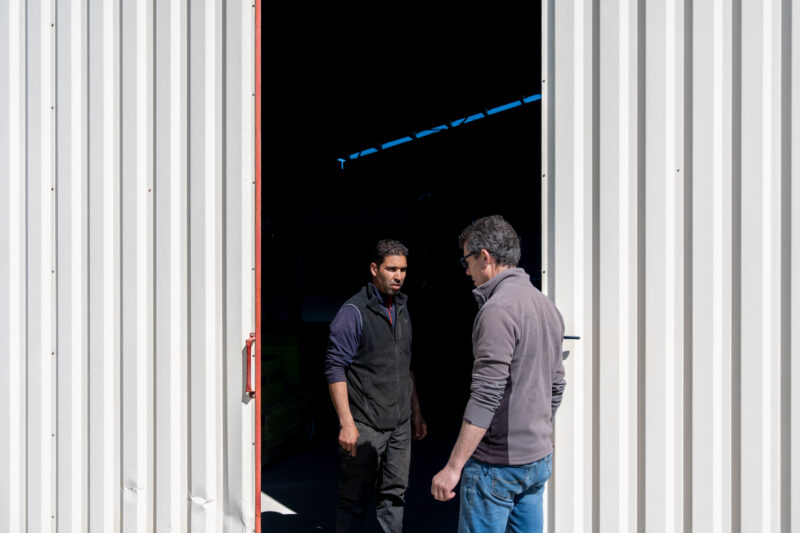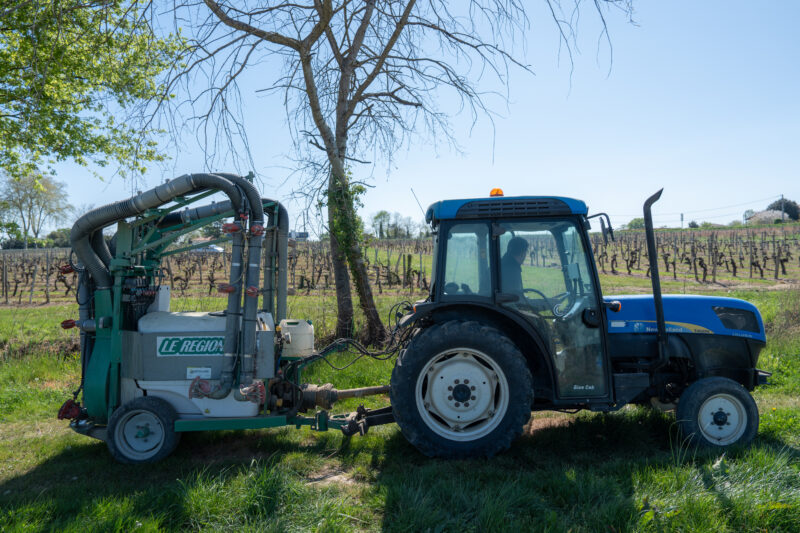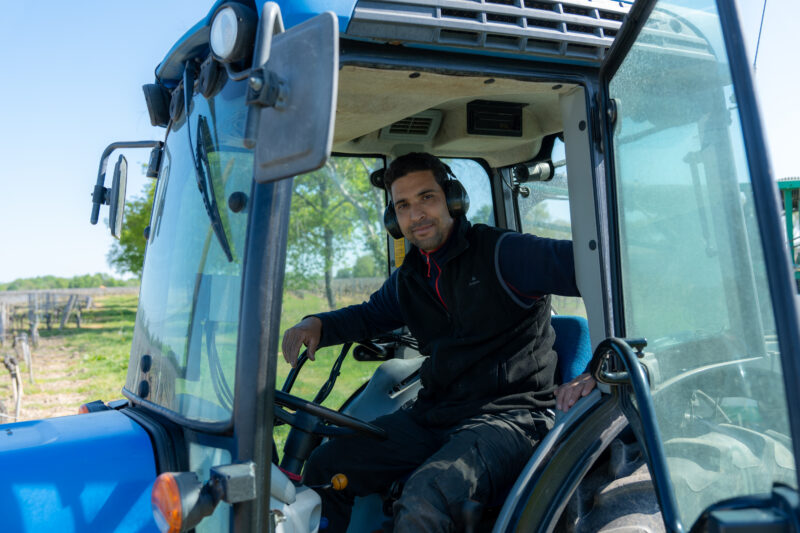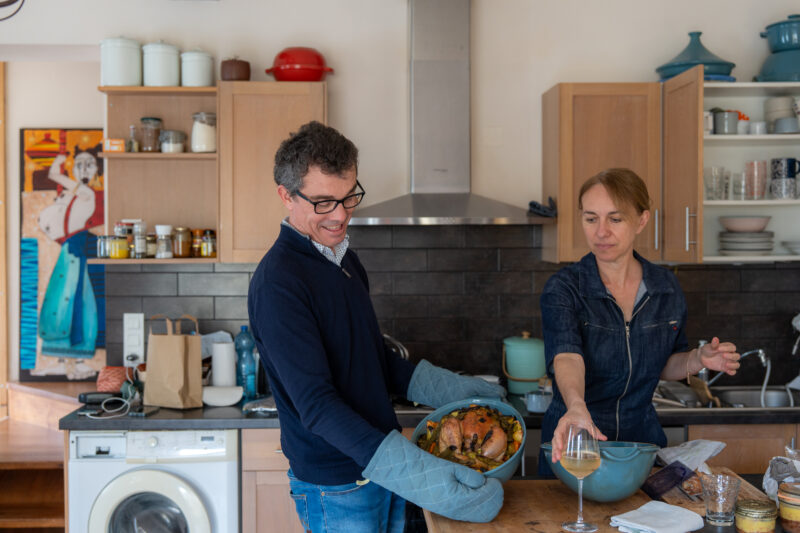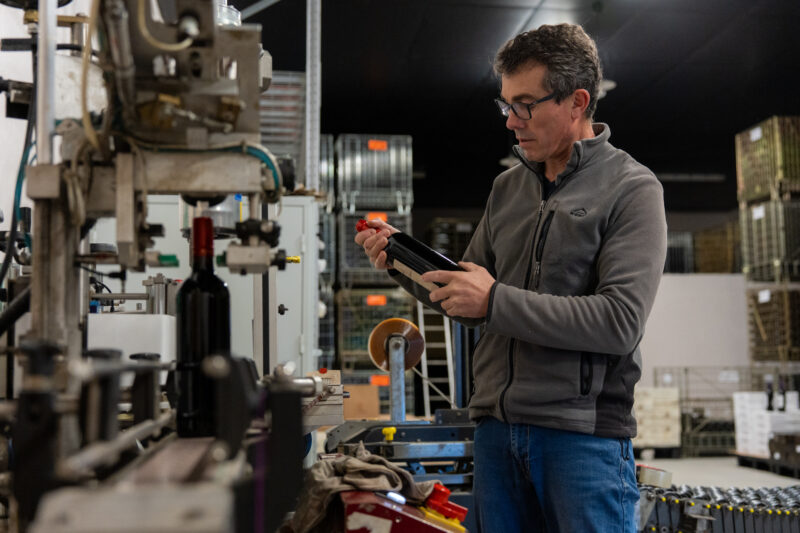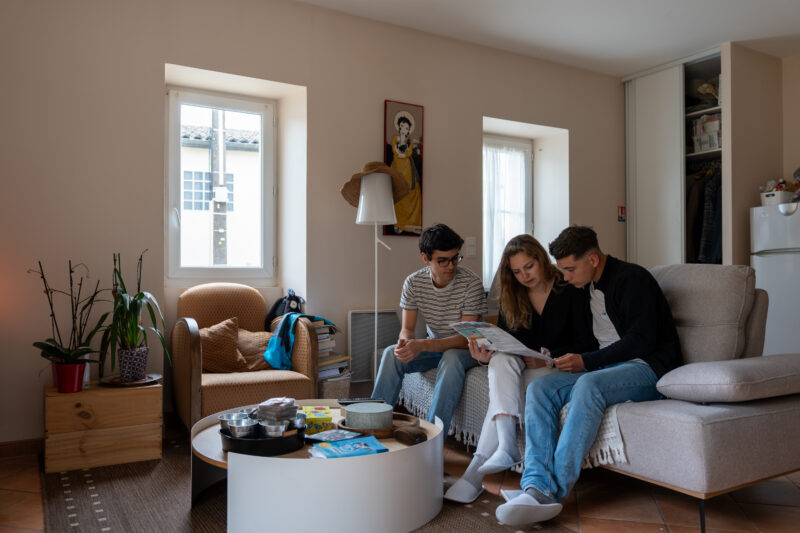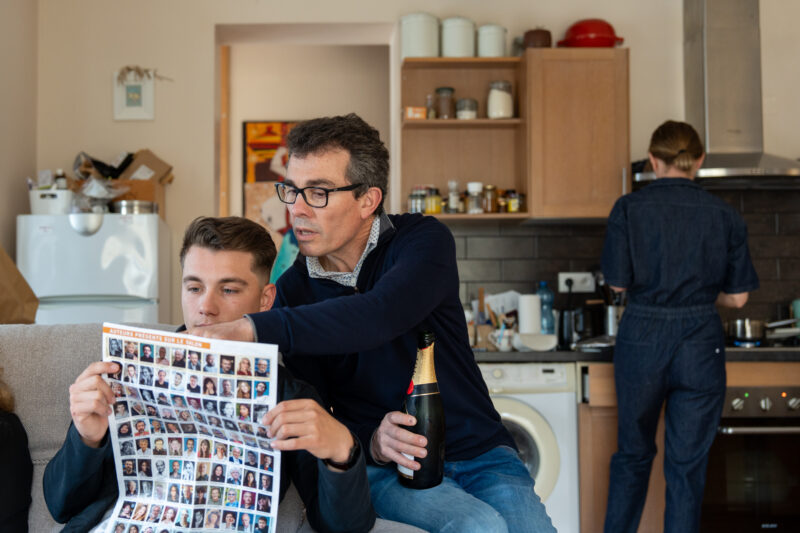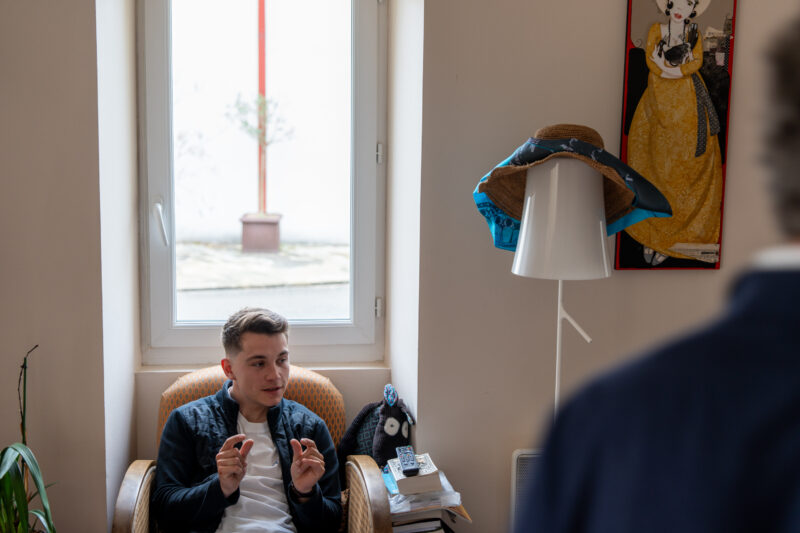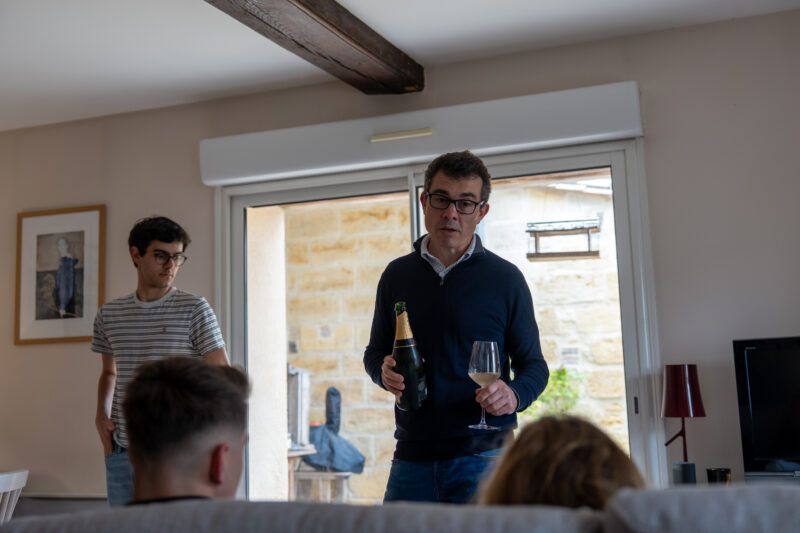When I think of Bordeaux, I always had this image of expensive red wines and fancy vineyards. But when I visited Château Haut-Goujon for the first time, it wasn’t like what I had imagined at all. Later, I came to realize that the winemaking business in Bordeaux is no longer as glorious as it used to be.
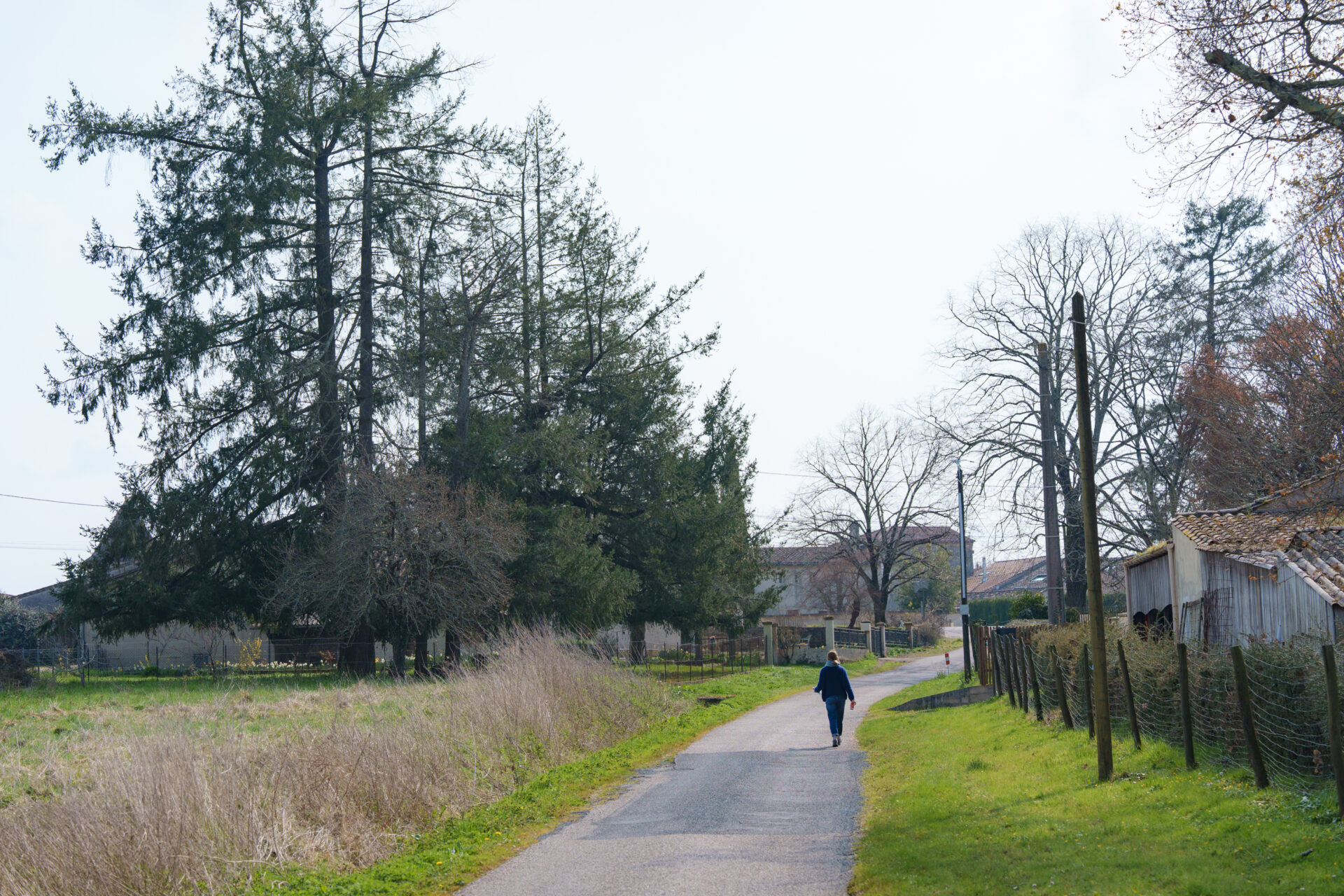
In recent years, many vineyards in the Bordeaux region have been struggling to sustain their winemaking businesses. According to my research, wine sales in Bordeaux have been declining since 2013, with an even sharper drop after 2018. Falling red wine consumption, economic hardship, and climate change have made it difficult for many vineyards to survive. Some winemakers have been forced to uproot vines, while others have sought creative ways to adapt.
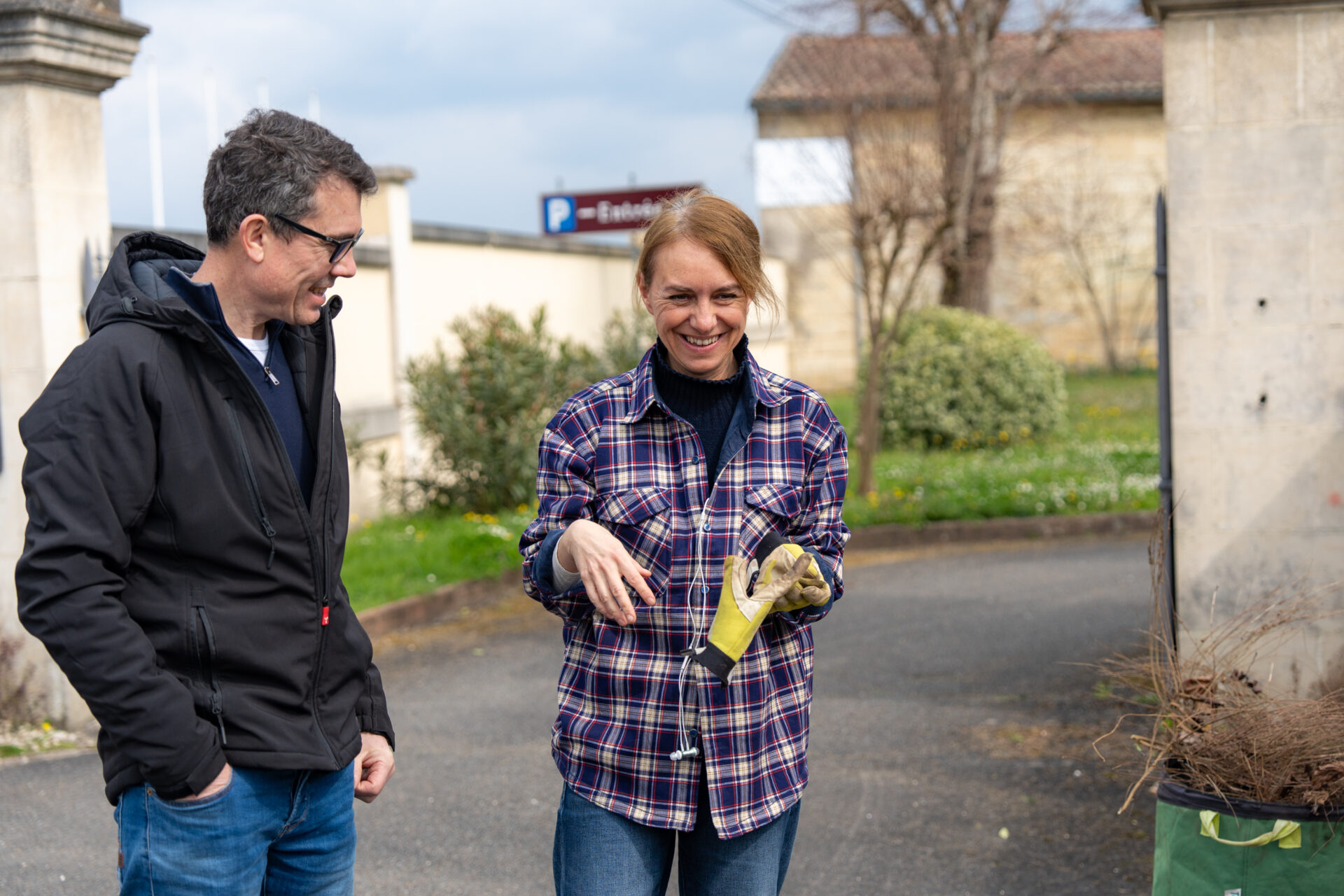
I was introduced to Mickael and Valerie by chance. They run Château Haut-Goujon and are among those facing tough times. “We have to work harder,” Mickael often says when asked how they plan to get through this period. At first, this didn’t feel like a real answer. But after spending time with them and documenting their work, I’ve come to understand how true it is.
Coming from a crop-farming family in Taiwan, I’ve seen how farming used to be much simpler, mostly just physical labor. But farming today is something else entirely. It involves managing technology, interpreting data, approaching different markets, and adapting to a changing climate. A farmer today must be part technician, part entrepreneur, and part ecologist. The soil is still there, but the way we relate to it has changed dramatically.
I realized how narrow-minded my own assumptions were, especially when I visited Saumur for the Journées du Livre et du Vin, a book and wine fair. Seeing how farmers promoted their wines was surprising to me. It wasn’t something I had ever pictured a farmer doing. Mickael and Valerie spend a lot of time traveling across France for wine fairs. Though it’s not always profitable and often quite costly, it remains a vital way for them to promote their wines and stay visible on the broader winemaking stage.
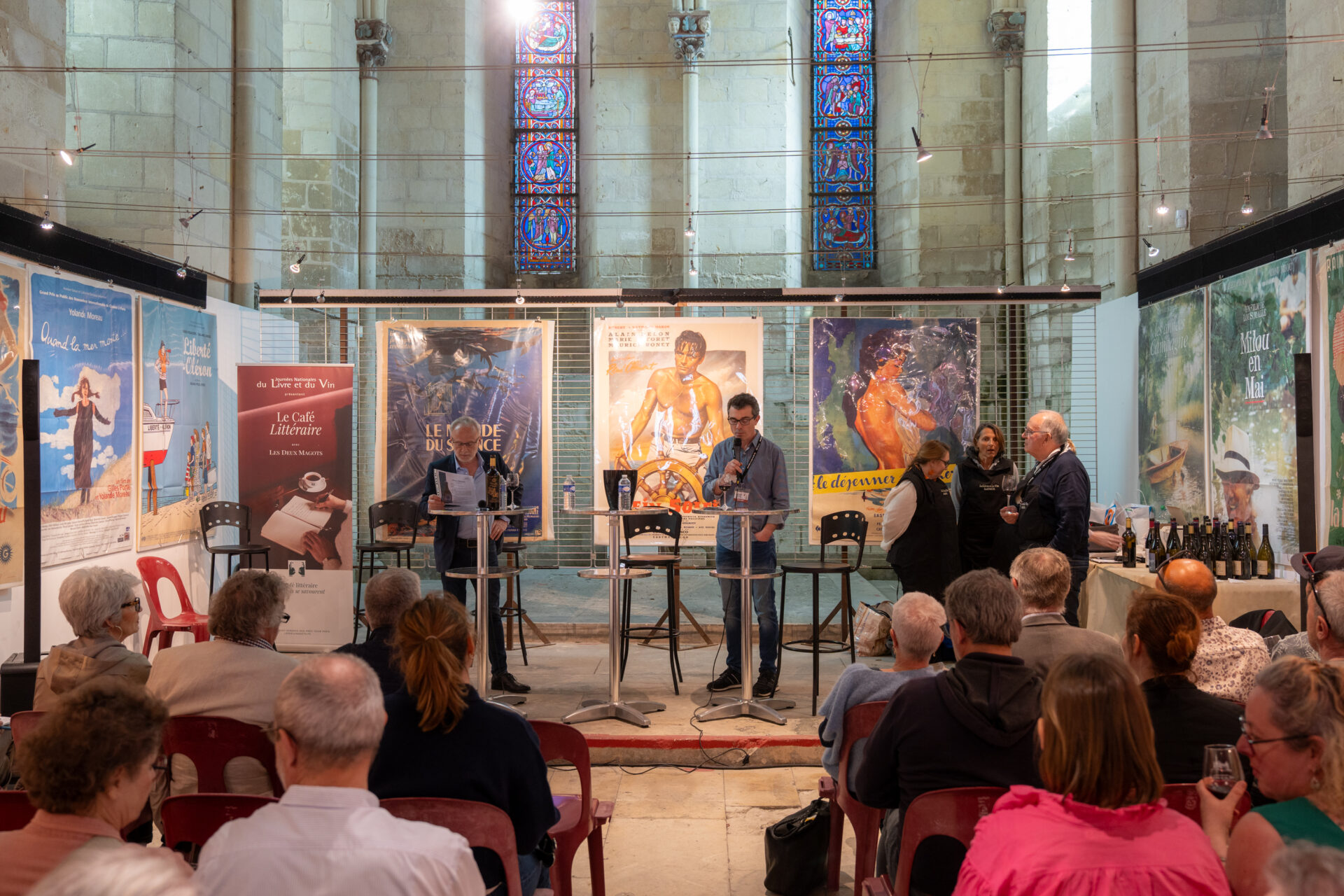
When asked about his winemaking process, Mickael described it as a “translation of the terroir.” This idea, he believes, is the most important part of making wine. It means understanding the soil, the water, and the environment, then cultivating their essence through the vines and grapes, ultimately transforming them into wine.
The second key element is connection, with both people and the environment. It sounds simple, but true connection requires knowing yourself from the roots. “Faire avec cœur,” Mickael said, meaning to do things with heart. To me, this also reflects their philosophy of translating the terroir. They try to stay true to who they are, not crafting a glossy image just to sell more bottles, but sharing their joys and struggles with honesty.
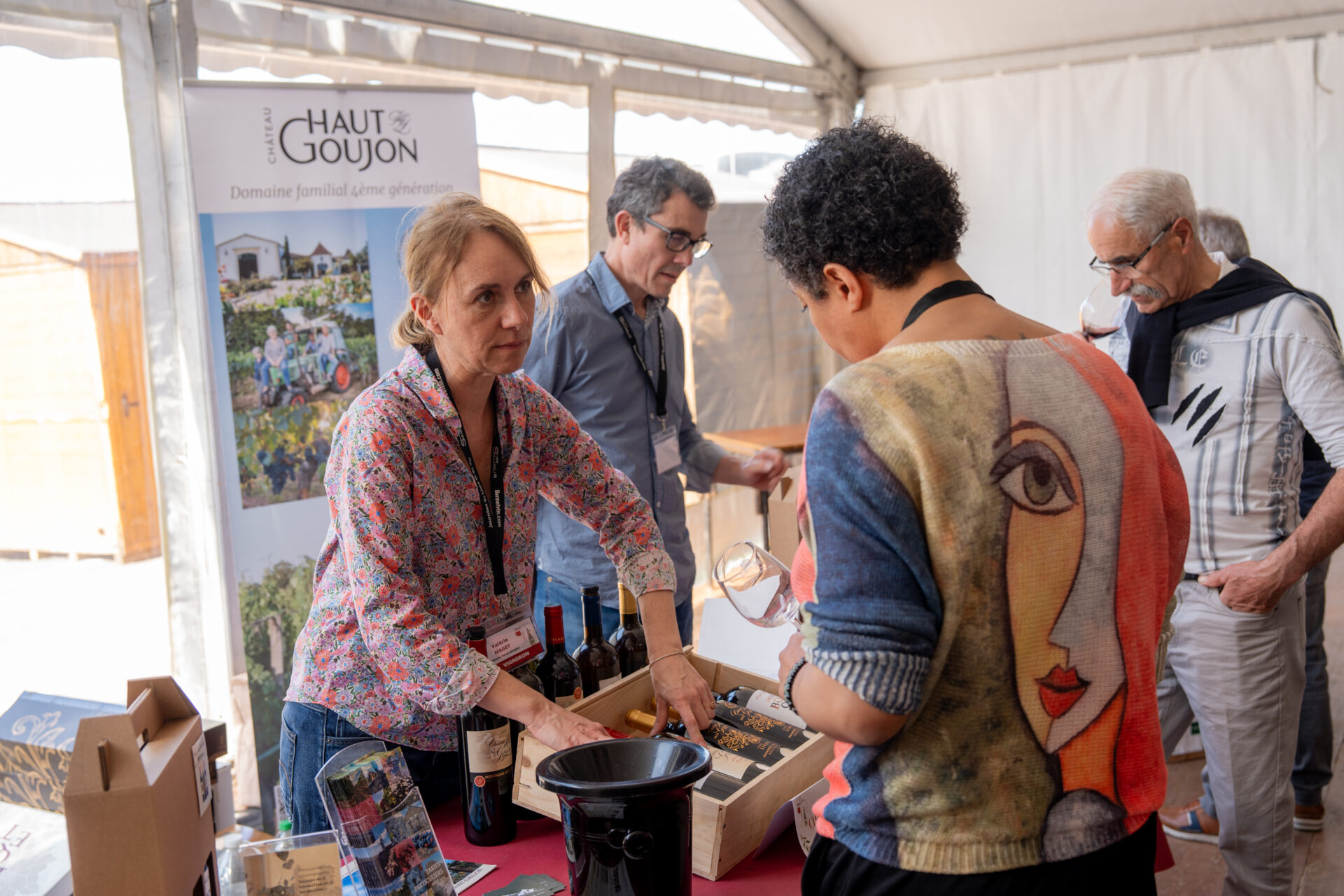
Of course, with so many responsibilities, they can’t do everything on their own. Back at their vineyard in Montagne Saint-Émilion, they rely on a team. Hicham, originally from Morocco, is the main caretaker for the vineyards. During my visit, I also met David, who comes from a nearby Gypsy community and has worked with them for many years.
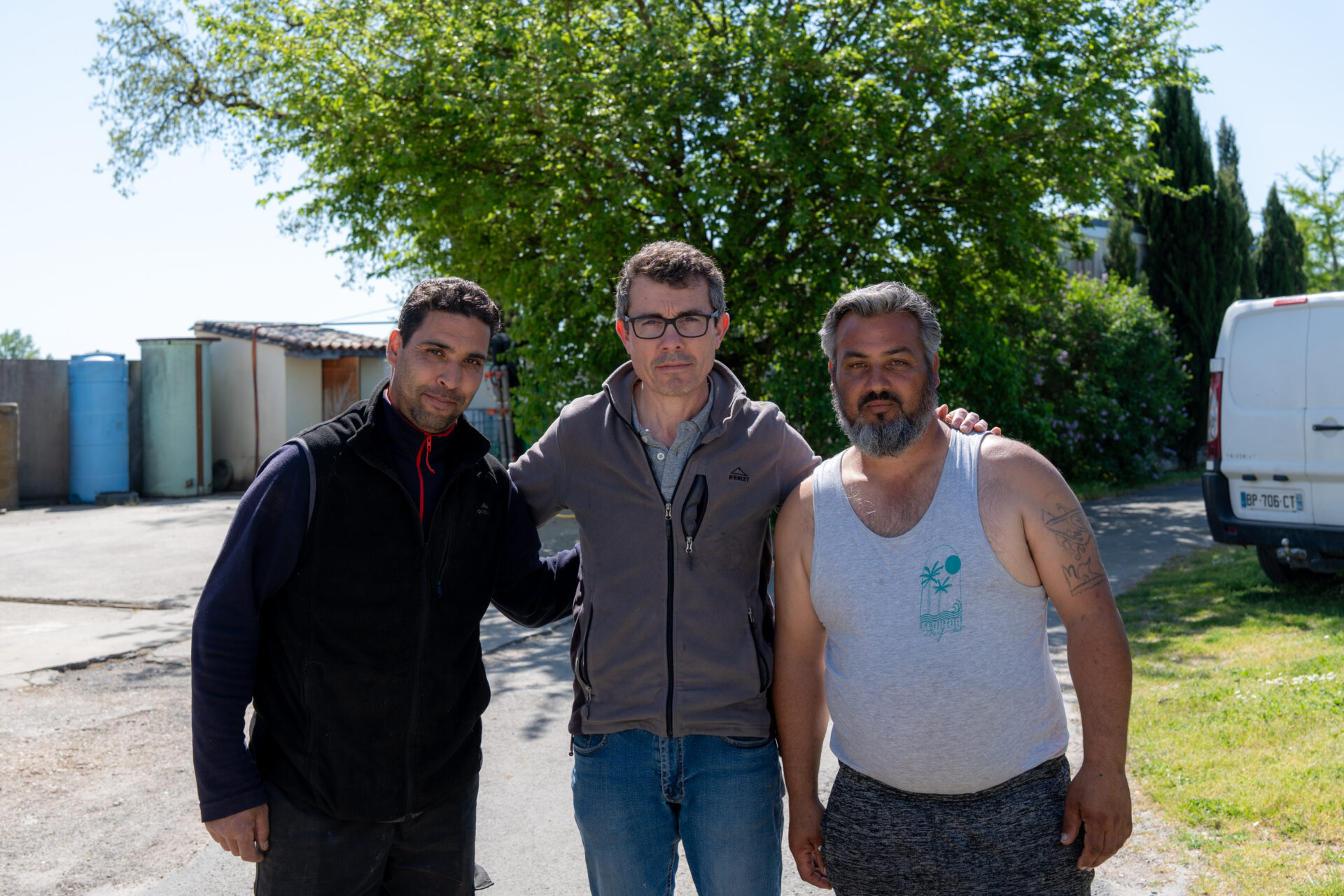
Being around these people made something very clear to me: even with all the changes in farming, one thing stays the same — it’s always about teamwork. Watching everyone work together here, I saw it’s not just about the vines, but keeping a whole way of life going.
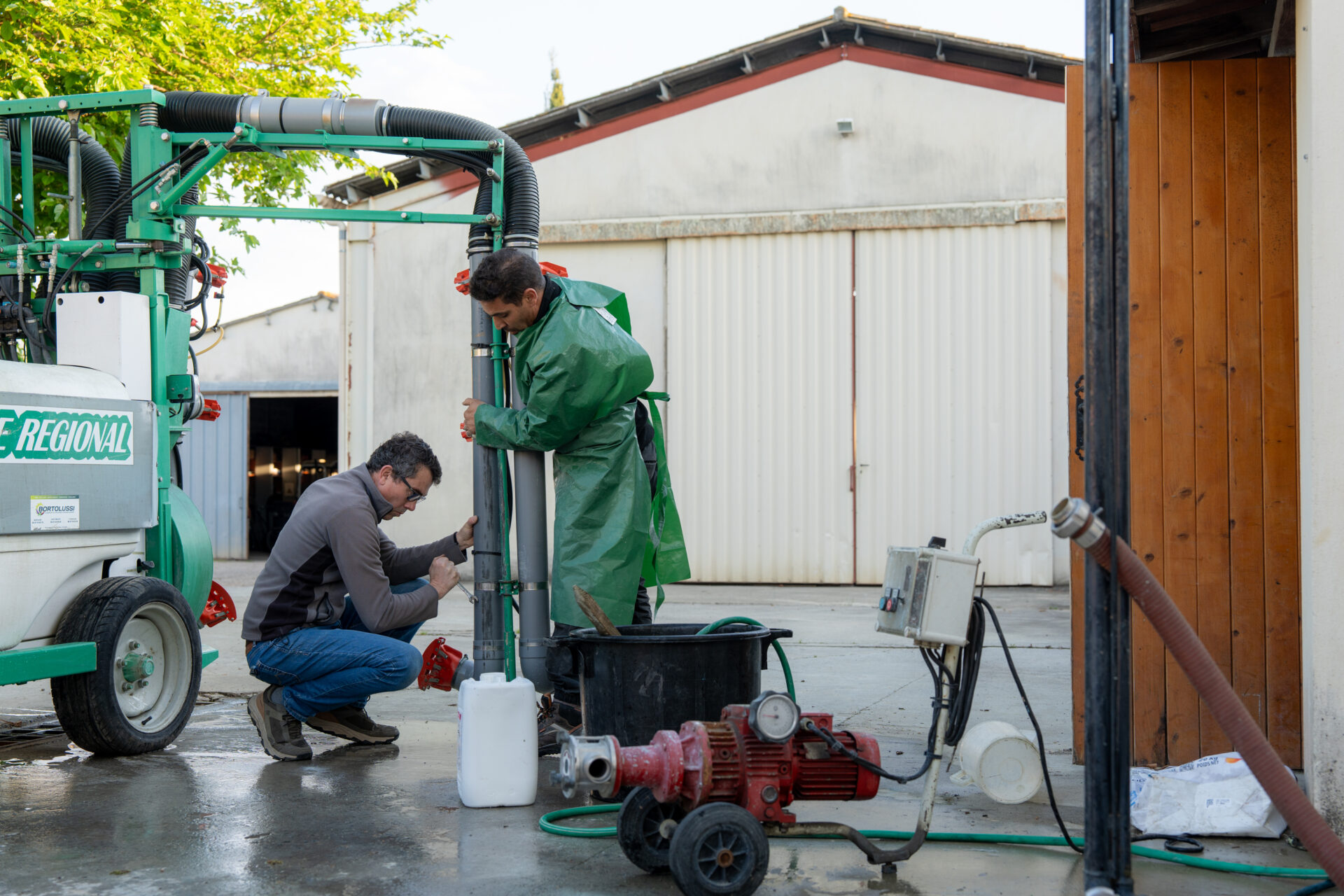
For Mickael and Valérie, one of their biggest challenges is balance. “It’s all about balance,” Mickael often says. We all live in a world that demands so much, where different roles and responsibilities constantly pull in opposite directions. For them, it’s being a farmer and a business owner, a caretaker of the land and a parent, someone grounded in tradition but expected to adapt and promote. Sometimes, it’s hard to even tell what balance really looks like. That’s a question not just for them, but for all of us. There is no simple answer.
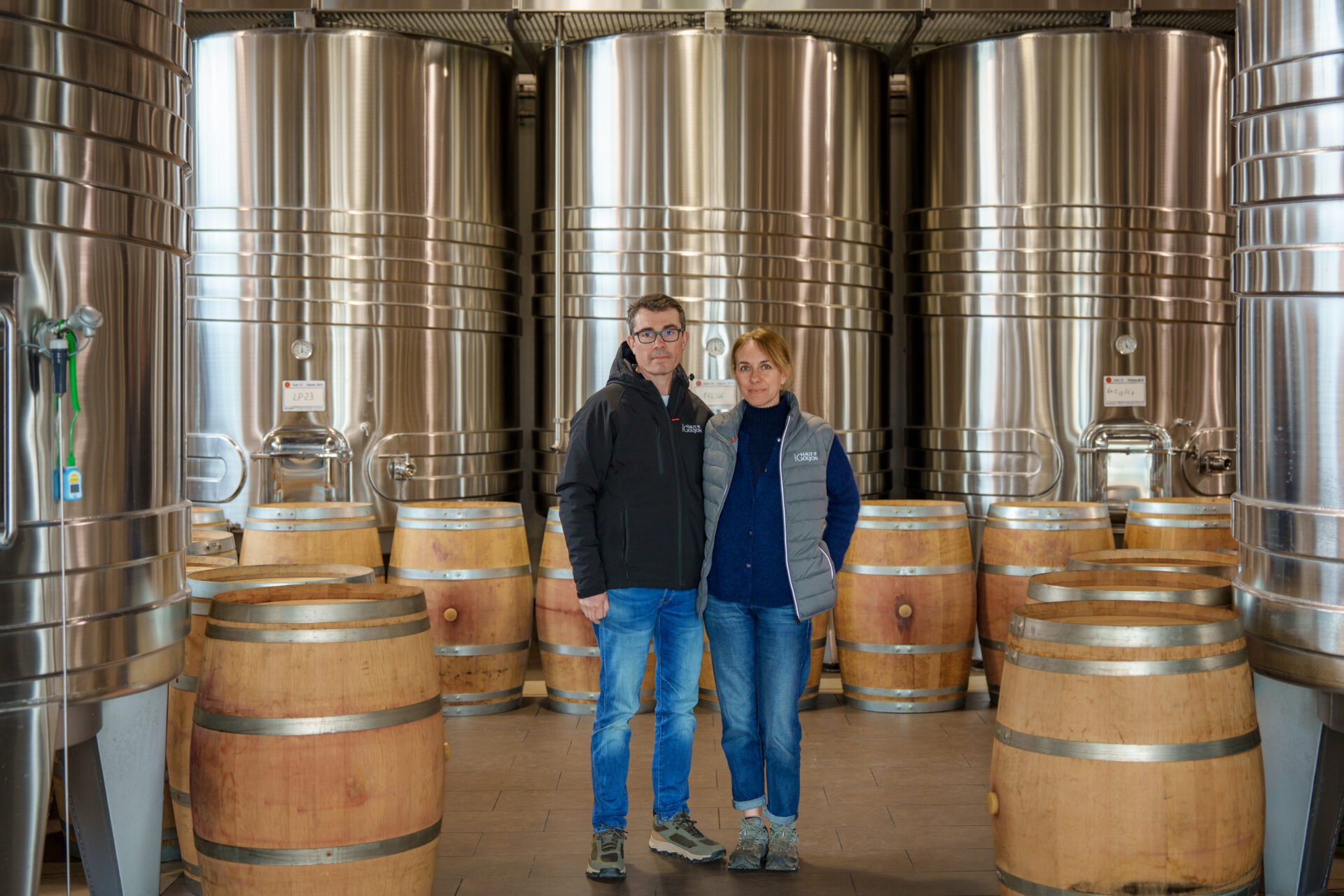
After spending time with them, I started to see just how much they deal with, and how much they carry every single day, often without saying much about it. I’m deeply grateful for the chance they gave me to photograph their work, and even more so for welcoming me into their private lives. I met some of their family members and was fortunate to share joyful, intimate moments that went far beyond the vineyard.
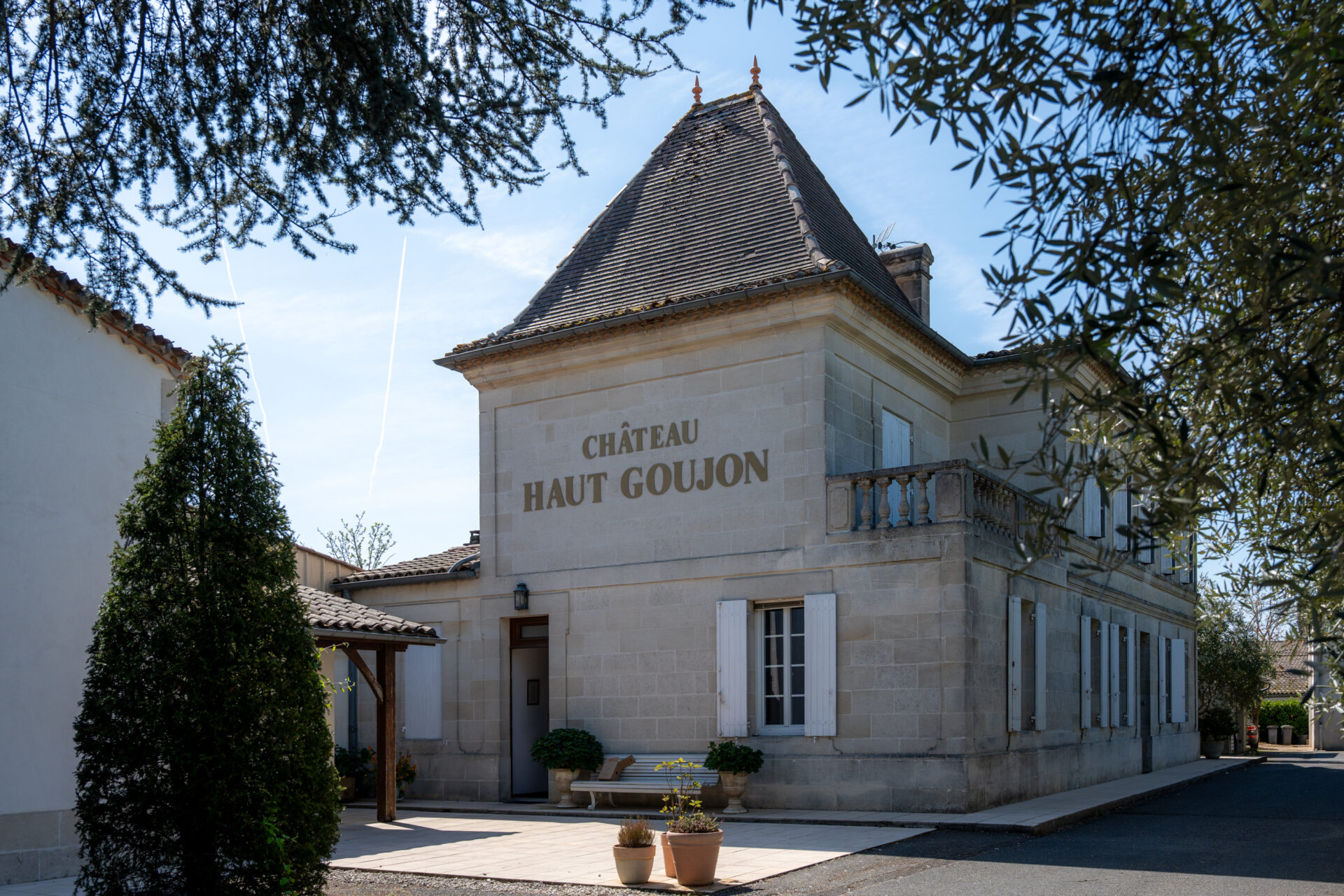
To be honest, when I started this project, I was hoping to uncover a dramatic story — a hidden secret about how this vineyard had managed to survive against all odds. But in the end, I didn’t find the story I expected. I found something better: a grounded story of quiet resilience. Because for Mickael and Valerie, when challenges come, they don’t run away, and they don’t expect to turn the tides either. Their story isn’t about success. It’s about staying true to who they are, and still finding a way to keep going.
